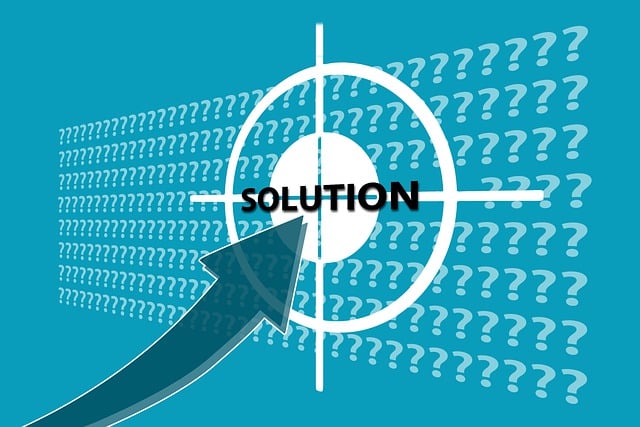The egg donation process involves screening, hormonal treatments, extraction, and fertilization, requiring emotional navigation. Building trust through transparency alleviates fears about anonymity and bonds. Support networks, counseling, and communities foster resilience and emotional healing during this journey.
“The path to parenthood through egg donation is a complex emotional journey. This article delves into the intricate web of feelings and considerations surrounding this alternative building block of family. From understanding the intricate egg donation process to navigating sensitive emotions, it explores crucial aspects for prospective recipients. We discuss fostering trust with donors, managing expectations, and prioritizing emotional well-being throughout. Embracing open communication and transparency are key steps towards a fulfilling parenthood experience.”
Understanding the Egg Donation Process
The egg donation process involves a series of steps designed to ensure safety, comfort, and success for both the donor and the recipient family. It begins with extensive screening of potential donors, including medical history, genetic background, and overall health. This rigorous evaluation is paramount to mitigate risks and guarantee the highest quality eggs. Once accepted, donors undergo hormonal treatments to stimulate egg production. This phase requires close monitoring by healthcare professionals to maintain balance and prevent complications.
After several weeks, when the eggs are mature, a minor surgical procedure is performed to carefully extract them. This procedure, usually done under light anesthesia, ensures minimal discomfort. The harvested eggs are then preserved or immediately transferred to the recipient for fertilization through in vitro fertilization (IVF). Throughout this egg donation process, open communication and emotional support are vital, addressing both societal perceptions and personal emotions related to the decision to use an egg donor.
Navigating Emotional Aspects for Recipients
For individuals and couples navigating the egg donation process, understanding and managing emotional aspects are crucial steps in this journey. The decision to use an egg donor can evoke a range of feelings, from excitement and hope to anxiety and uncertainty. It’s essential for recipients to acknowledge and process these emotions openly. Many find solace in discussing their experiences with supportive networks, whether it be friends, family, or support groups dedicated to fostering understanding around alternative building blocks for families.
This period may also involve introspection as recipients consider the ethical dimensions of egg donation, potentially challenging personal beliefs and societal norms. These complex feelings can be further complicated by external pressures or judgments from others. Creating a safe space to express these emotions, learn about the donation process, and connect with donors (when possible) can help smoothen the emotional landscape, enabling individuals and couples to focus on the future they envision.
Building Trust and Transparency with Donors
Building trust and transparency is a cornerstone of the successful egg donation process. Prospective parents often have complex emotions and concerns about using an egg donor, making open communication vital. It’s essential to provide comprehensive information about the donor’s background, health history, and motivations for donation. This includes discussing the screening procedures and tests conducted to ensure her eligibility and safety.
Transparency extends beyond the facts; it involves creating a supportive environment where potential recipients feel comfortable asking questions and expressing their feelings. This two-way dialogue can alleviate fears related to anonymity, genetic compatibility, and emotional attachment. By fostering trust through transparency, the egg donation process becomes more accessible, allowing individuals and couples to focus on building their families with confidence.
Supporting Emotional Well-being Throughout the Journey
Navigating the complex world of egg donation can evoke a wide range of emotions, from excitement and hope to anxiety and uncertainty. Supporting emotional well-being throughout this journey is paramount. This means creating an environment where individuals feel safe to express their feelings, whether they’re concerns about the procedure, financial worries, or existential questions about identity and family.
Counseling and support groups can play a crucial role in fostering resilience during the egg donation process. Access to mental health professionals who specialize in reproductive health can help prospective donors process their emotions, build coping mechanisms, and cultivate a positive mindset. Additionally, connecting with others on similar journeys—be it through online forums or local support networks—can offer a sense of community and shared experience, alleviating feelings of isolation and fostering emotional healing.
Addressing emotional aspects surrounding egg donation is vital for a successful journey. By understanding the egg donation process, building trust with donors, and prioritizing open communication, recipients can navigate these complex feelings. Supporting one’s emotional well-being throughout this transformative journey is essential, ensuring a positive experience that fosters family creation. Remember, seeking help and resources specifically tailored to address these emotions can make all the difference.
